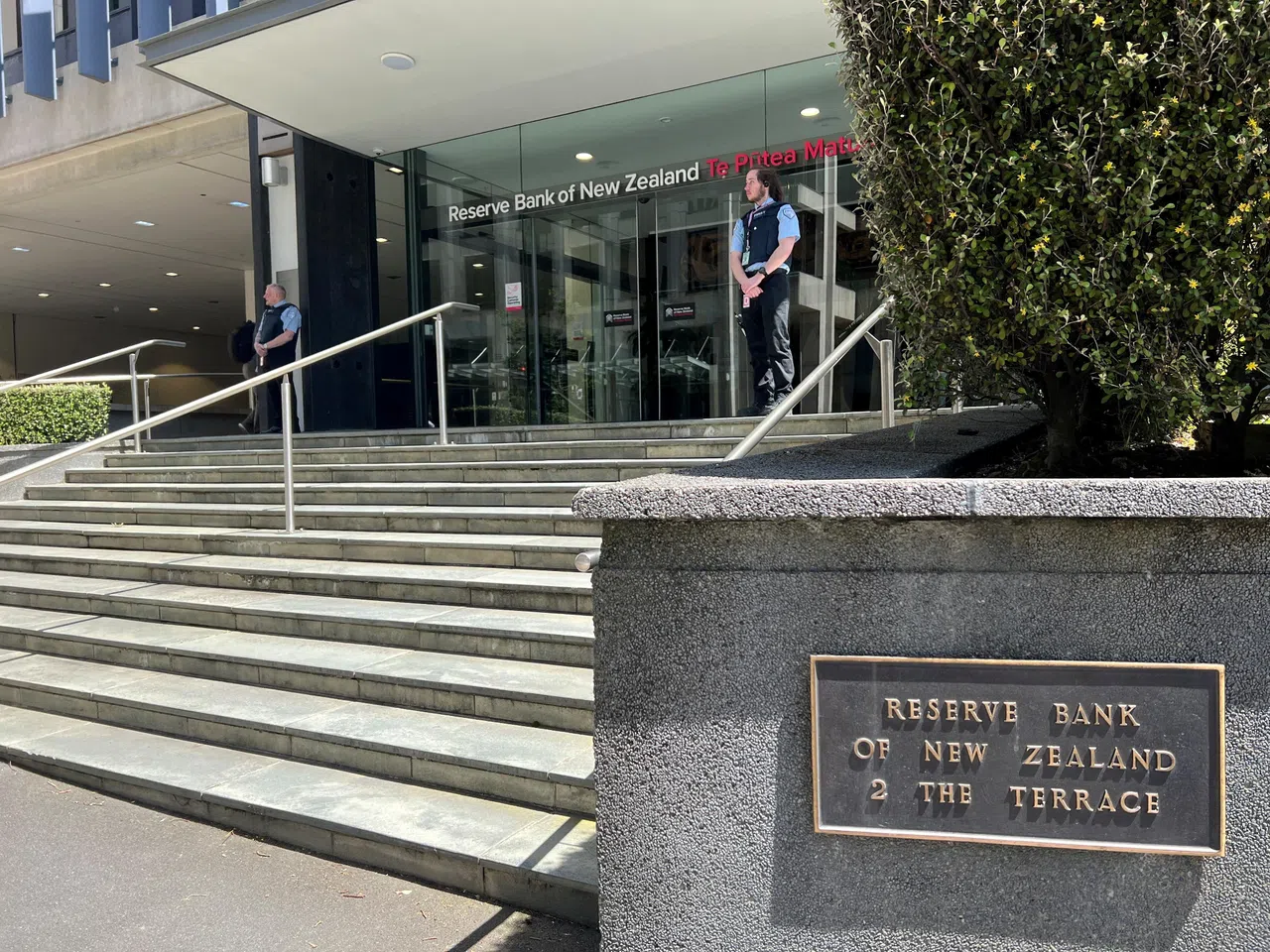NEW Zealand’s central bank held the cash rate steady at 5.5 per cent on Wednesday, but opened the door to monetary policy becoming less restrictive over time should inflation slow as expected.
The decision was in line with expectations from all 32 economists in a Reuters poll that forecast the Reserve Bank of New Zealand (RBNZ) would leave the cash rate at a nearly 16-year high for the eighth consecutive meeting.
“The Committee agreed that monetary policy will need to remain restrictive. The extent of this restraint will be tempered over time consistent with the expected decline in inflation pressures,” the statement said.
The commentary was more dovish than its prior meeting in May, when it said policy was expected to remain restrictive for a “sustained period” and indicated a rate hike was possible if inflation did not come under control.
The New Zealand dollar fell 0.74 per cent to US$0.6085 as markets priced an earlier start to rate cuts, while two-year swap rates dropped 11 basis points to a six-month low of 4.6850 per cent. It now implies 25 basis points of cuts in October.
The RBNZ said restrictive monetary policy had significantly reduced consumer price inflation and it expected headline inflation to return to within 1 per cent to 3 per cent target range in the second half of this year, down from 4 per cent in the first quarter.
BT in your inbox
Start and end each day with the latest news stories and analyses delivered straight to your inbox.
“Some domestically generated price pressures remain strong. But there are signs inflation persistence will ease in line with the fall in capacity pressures and business pricing intentions,” the central bank said.
It does not release updated economic indicators or the forecast official cash rate track at Monetary Policy Reviews like that announced on Wednesday.
A frontrunner in withdrawing pandemic-era stimulus among its peers, the RBNZ lifted rates by 525 basis points since October 2021 to curb inflation in the most aggressive tightening since the official cash rate was introduced in 1999.
The rate hikes have sharply slowed the economy, although recent data showed New Zealand moved out of a technical recession in the first quarter of 2024 with growth of 0.2 per cent. REUTERS



![Viral Moment: Trump Mimics “Sex Act” on Mic Stand, Stuns Wisconsin Crowd [Watch Video]](https://data.ibtimes.sg/en/full/77741/viral.jpg)


